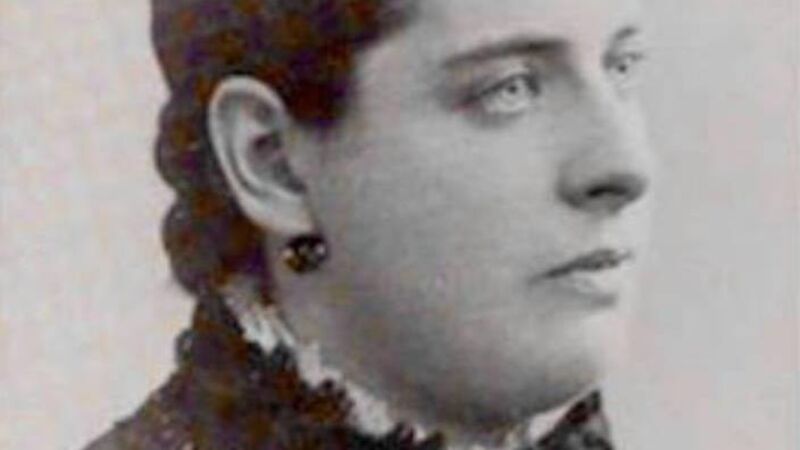Wrong(ed) women: Righting the record on Dublin's historic red-light district

Bella Cohen was the madam who was so notorious for running a BDSM themed brothel where James Joyce visited and even included in Ulysses. Picture: Lafayette Photographers
It is not very often an interview begins with a discussion of the health benefits of vibrators, and antique ones at that, but academic and author Caroline West is explaining how Victorian women appropriated a tool invented to help men with blood disorders.
Vibrators were originally designed to help (male) blood circulation by massaging the skin on the arms and upper body, but women soon discovered a far more pleasurable use — further south.




